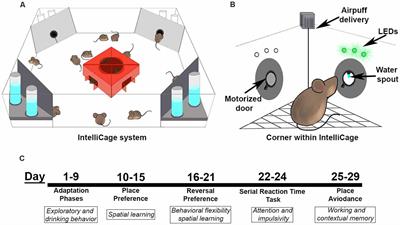EDITORIAL
Published on 09 Dec 2021
Editorial: Down Syndrome, Neurodegeneration and Dementia

doi 10.3389/fnagi.2021.791044
- 1,619 views
- 3 citations
12k
Total downloads
50k
Total views and downloads
Select the journal/section where you want your idea to be submitted:
EDITORIAL
Published on 09 Dec 2021

ORIGINAL RESEARCH
Published on 06 Oct 2021

MINI REVIEW
Published on 16 Sep 2021

ORIGINAL RESEARCH
Published on 19 Aug 2021

ORIGINAL RESEARCH
Published on 13 Aug 2021

ORIGINAL RESEARCH
Published on 13 Aug 2021

MINI REVIEW
Published on 09 Aug 2021

REVIEW
Published on 12 Jul 2021

REVIEW
Published on 01 Jul 2021

ORIGINAL RESEARCH
Published on 28 May 2021

ORIGINAL RESEARCH
Published on 12 Mar 2021

